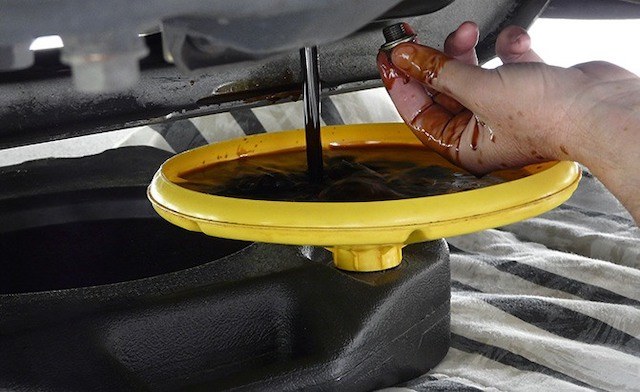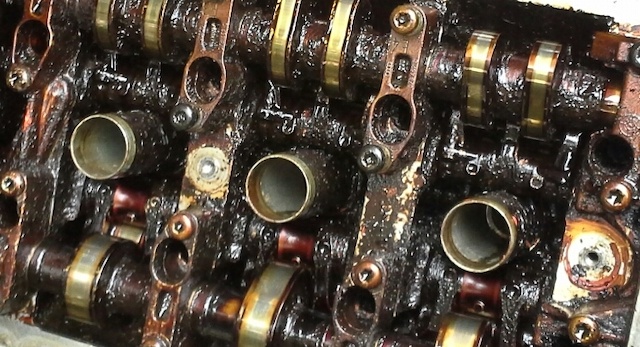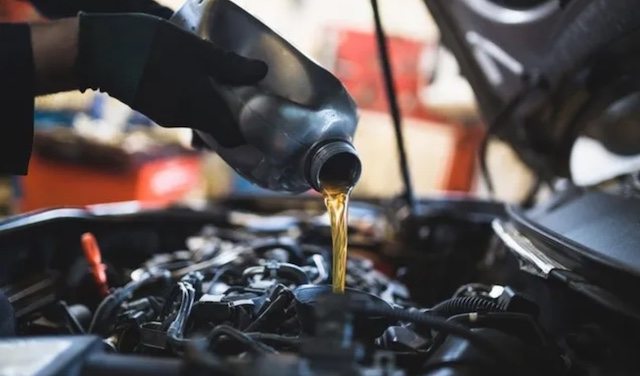Oil is the lifeblood of your engine, but it doesn't last forever. Regular oil changes are essential to keep your vehicle running smoothly. Manufacturers usually specify oil change intervals, which vary depending on the type of vehicle and the oil used. For instance: Following the manufacturer's recommendations is crucial. Neglecting oil changes can lead to a cascade of issues. Over time, motor oil collects dirt and debris as it circulates through the engine. This accumulation increases the oil's viscosity, turning it into thick, sludgy mess. Dirty oil can no longer provide adequate lubrication or cooling. Motor oil not only keeps the engine running smoothly but also absorbs heat and transfers it away. Without proper lubrication and cooling, the engine faces severe risks. When oil turns into sludge, it: Driving with old, sludgy oil can lead to catastrophic engine failure. Let's explore some of the major issues that can arise. Without sufficient lubrication, engine parts grind against each other, causing metal-to-metal contact. This leads to excessive wear and tear on pistons, cylinders, and other critical components. Over time, this friction can result in: By the time you notice these symptoms, your engine may already be irreparably damaged. Regular oil changes are vital to avoid such costly repairs. Dirty oil reduces the engine's ability to dissipate heat. This causes the engine to overheat, leading to: Overheating is one of the leading causes of engine failure, and dirty oil plays a significant role. As oil becomes contaminated, it clogs the oil filter more quickly. This reduces oil flow to the engine, lowering pressure and increasing wear on moving parts. Left unchecked, this can result in costly repairs or even engine replacement. Many vehicle warranties require adherence to the manufacturer's maintenance schedule. Missing scheduled oil changes can void your warranty, leaving you responsible for expensive repairs. Preventive maintenance is always cheaper than emergency fixes. Regular oil changes are a small price to pay compared to the cost of repairing engine damage caused by neglected oil maintenance. Don't wait until it's too late—stick to your vehicle's recommended oil change schedule to ensure smooth and reliable performance for years to come. Thermoplastic Polyurethane Film And Sheet Thermoplastic Polyurethane Film And Sheet,Thermoplastic Polyurethane Material,Environmental Tpu Film,White Tpu Film Polyurethane Xuchuan Chemical , https://www.xctpu.com
The Dangers of Old Oil Turning Into Sludge

1. Metal-to-Metal Contact
2. Engine Overheating
3. Blocked Oil Filters
Voided Warranties

Prevention is Key